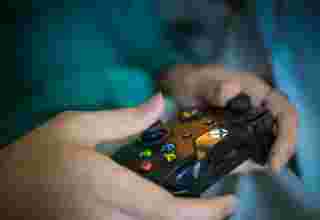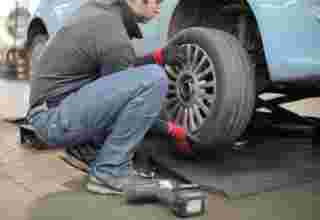REVEALED: UK CHILDREN’S KIND ACTS
AND THE KINDNESS TRAITS IT IS HARDEST TO TEACH CHILDREN

New research reveals that children in the UK under the age of six are working very hard at being kind and tolerant but parents still feel there is much to learn…
Not always telling the truth (about people’s appearances), and how to use a ‘quiet voice’ when talking about people in public, are amongst the hardest things to teach small children – according to UK parents.
A study of 1400 parents of 2-6 year olds, revealed the top twenty kind traits that are trickiest to teach children, including patience, good behaviour and understanding they can’t always have their own way.
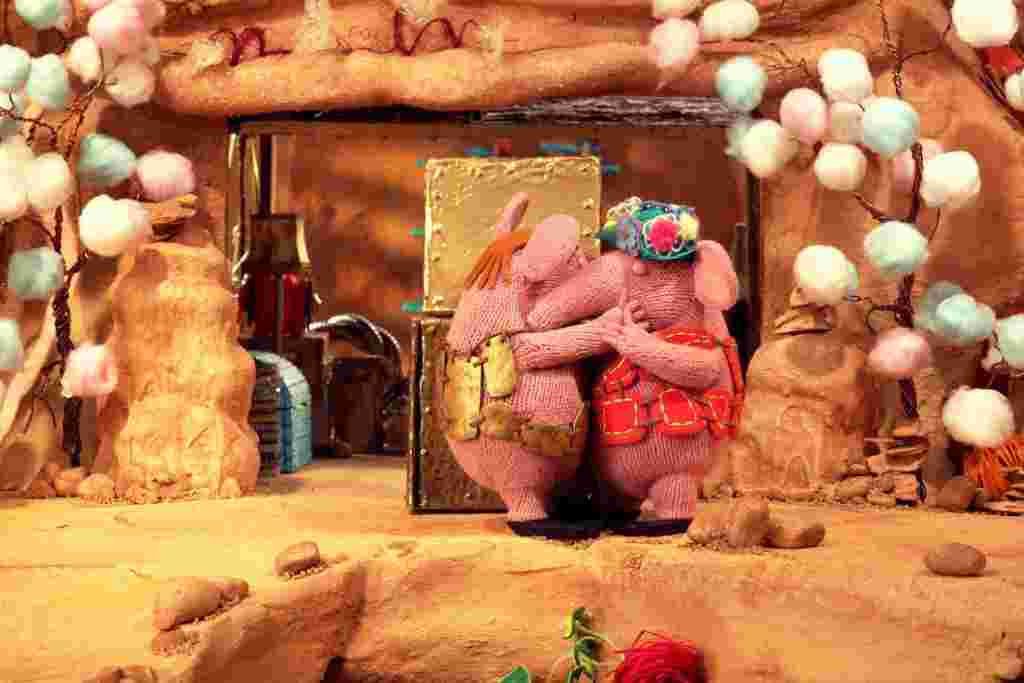
Tidying toys after playtime, not interrupting when someone is talking and not being jealous all feature highly on the list.
Of the kind acts that young children in the UK naturally do, more than two thirds share toys, sweets and treats, along with helping out mum and dad.
Half of children like to try and help out with the cleaning, and over 40% of children love to give compliments and gifts, such as pictures they have drawn.
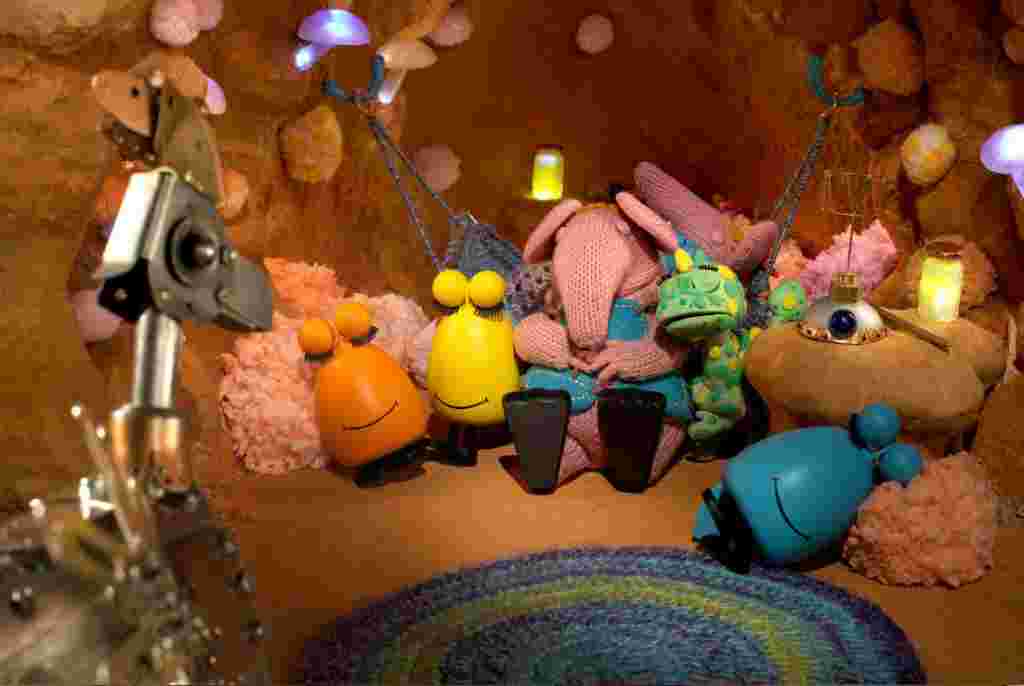
A spokesman for pre-school show Clangers, which commissioned the survey as part of its #ClangersForKindness campaign, comments: “We found that UK parents are committed to nurturing great qualities in their children, but there’s so much more we can all do to spread kindness even further. It’s never too early to work on making kindness a big part of children’s lives.”
30% of UK parents try to nurture kindness in their children from birth, a quarter wait until age two, and only 8% wait until their child is three or above before trying to instil kindness.

More than 50% of parents nurture kind behaviour in their children by being kind themselves. 30% of parents undertake kind acts with their children and of those asked a further 10% wanted to do this more.
Child development expert Dr Jacqueline Harding consulted with Clangers on the study: “’This interesting piece of research demonstrates that UK parents are keen to help their children get to grips with being kind but are looking for practical ways to step up the action when real-life tricky situations occur.”
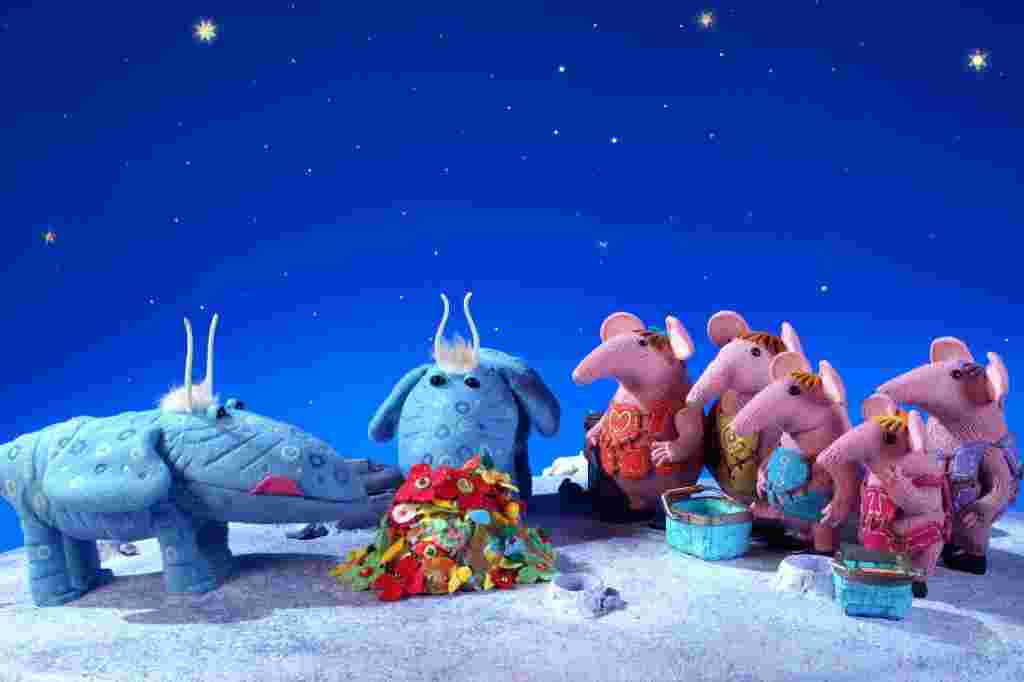
WHAT KIND THINGS DO YOUR CHILDREN DO
- Sharing toys
- Sharing sweets / treats
- Helping out mum/dad
- Saying please and thank you
- Saying I love you
- Draw someone a picture
- Helping out other children
- Trying to help with shopping / carrying things
- Trying to help with cleaning
- Comforting another child when they fall / hurt themselves
- Giving compliments (i.e. telling you / their teacher that they look nice)
- Congratulating other children (i.e. clapping when they do good work at school)
- Giving gifts (i.e. drawing a picture for someone)
- Letting classmates/other children join in with their games
- Giving out sweets to their class on their birthday
- Letting younger siblings play
- Making sure other children aren’t left out
- Helping children who find things more difficult
- Letting other children go first
- Helping the teacher at break

WHAT KIND TRAITS ARE THE HARDEST TO TEACH CHILDREN
- Not putting your toys everywhere
- Not interrupting when someone is talking
- They can’t always have their own way
- Not being jealous
- Not to shout
- Patience
- Not to ‘talk back’ to grown ups
- Not always telling the truth (about people’s appearances)
- That not everyone is nice and kind
- To use their ‘quiet voice’ when making observations about people in public
- How to listen when someone is talking
- When it’s appropriate to ask sensitive / personal questions
- Respecting elders
- Being polite
- Being well behaved
- Showing gratitude
- To be nice to their sibling(s)
- Being gentle with a younger sibling
- To be honest
- Saying please and thank you
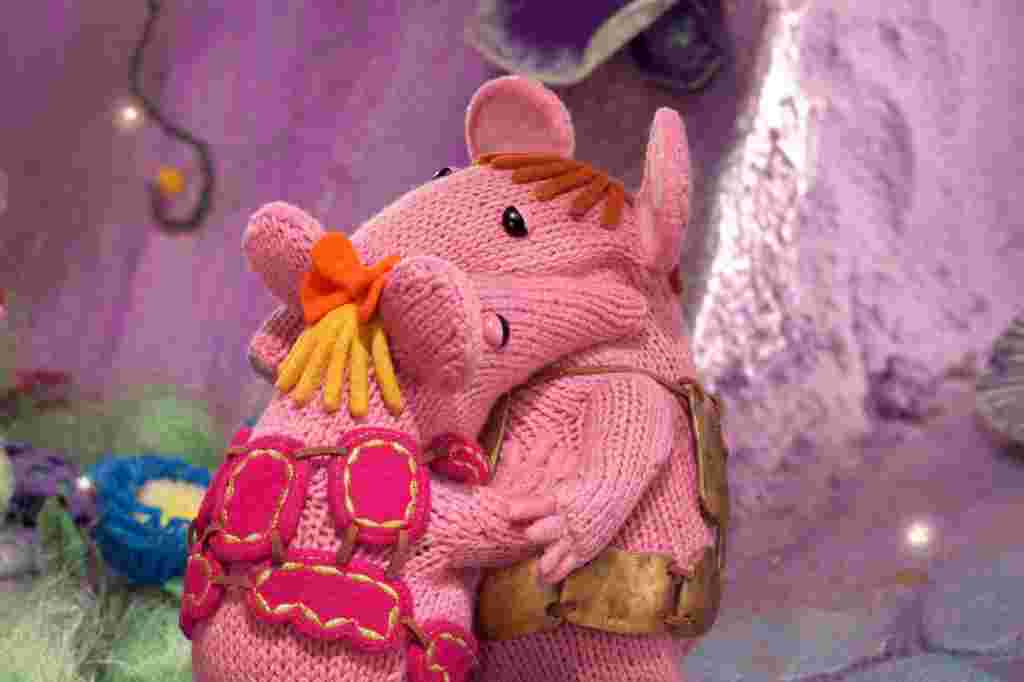
Be kind:
Children see and hear everything you do, so the best way to teach them to be kind is to be kind yourself. Show kindness by not getting angry when you’re busy shopping or stuck in traffic. Talk about kindness at the end of each day, telling your child about the kind things you did, and asking them what they did to be kind that day.
Be kind together:
Help your children understand how good it feels to make a positive difference in the lives of others. Look for local charity fundraisers you can be part of or make time to drop in and visit an elderly neighbour or help out with their shopping. If you talk about the experience with your child at the end it will help them identify what it is about helping that made them feel good and encourage then to self-initiate this in the future.
Visualise kindness:
Seeing is believing, so making a kindness jar together is a great way to visualise their kind behaviour. Decorate an empty pot or jam jar and each time they do a kind act, add a coin to the jar. Then when the jar is full, you could choose a charity together to donate the money to, or buy something to benefit others e.g. birdseed
Be kind to the world:
Respecting the environment by feeding birds, picking up litter, recycling and volunteering at your local park or animal sanctuary are great ways to show your kids how to be kind to nature.
Say please and thank you:
There are many ways to help your children to show gratitude. After a birthday, take time with your child to write or draw a thank you card to everyone that brought them a gift, or even just to someone that was nice to them that day.
Give compliments:
Paying compliments is a great way to make someone’s day. Working with your children to see the positive things about people in each situation they’re in will help make this second nature to them.
Be kind to everyone:
Look for opportunities to teach your child about other people’s cultures, disabilities, religions and backgrounds. The best way to encourage acceptance is learning more about what makes us all different.
Help them understand
One of the key findings from our survey, was that children find it difficult to understand that not everyone is nice and kind. When they hear unkind things, explain that not everyone is nice and kind, but they might be feeling bad themselves and so the best way to help them is not to react and continue to be kind.
Be kind to yourself
It’s so important to take time for yourself so you feel calm and relaxed and pass this feeling on to your children and make you feel kinder. Take the first step by setting aside 30 minutes a day to de-stress by doing something you enjoy and that will have a positive impact on your wellbeing.
Take part in Clangers For Kindness
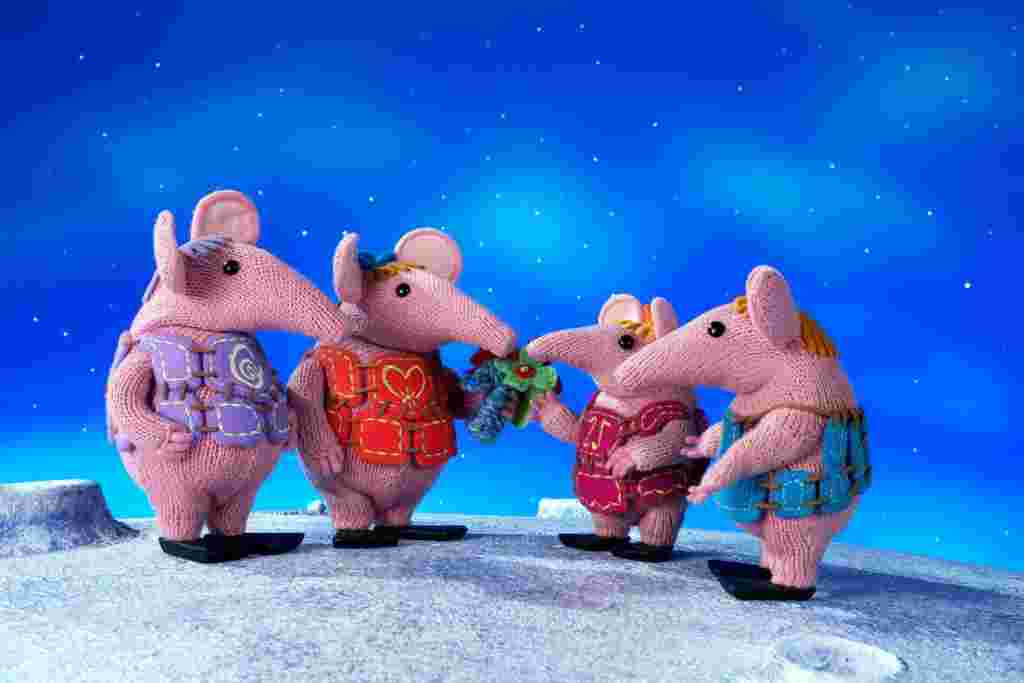
You can download a Clangers kindness wall chart from Clangers For Kindness that has different kind things you can do to help make the world a kinder place.







